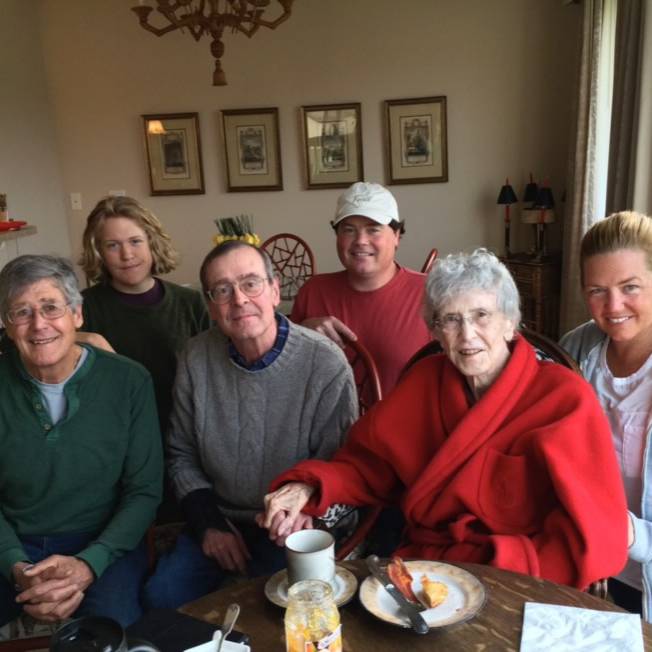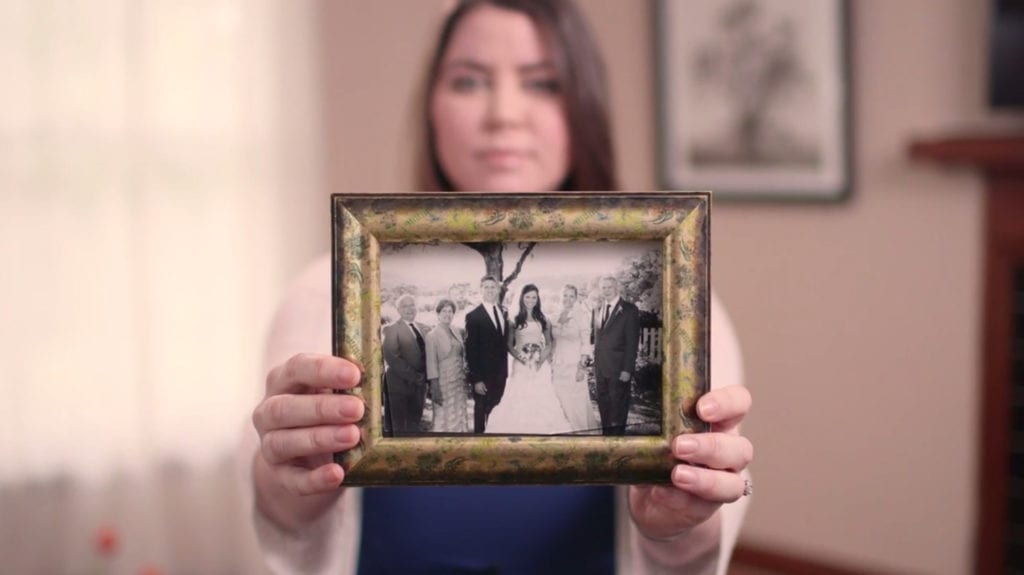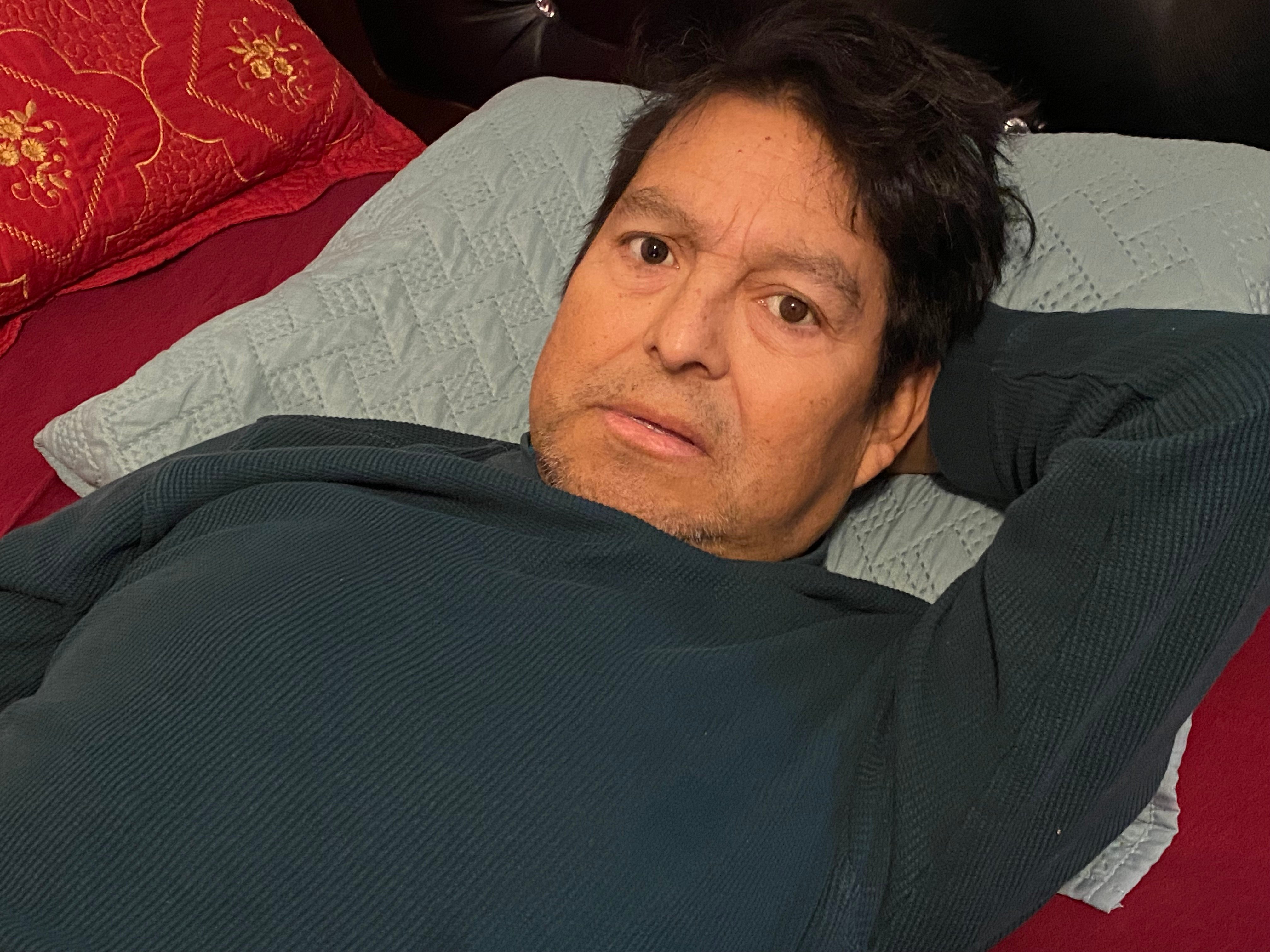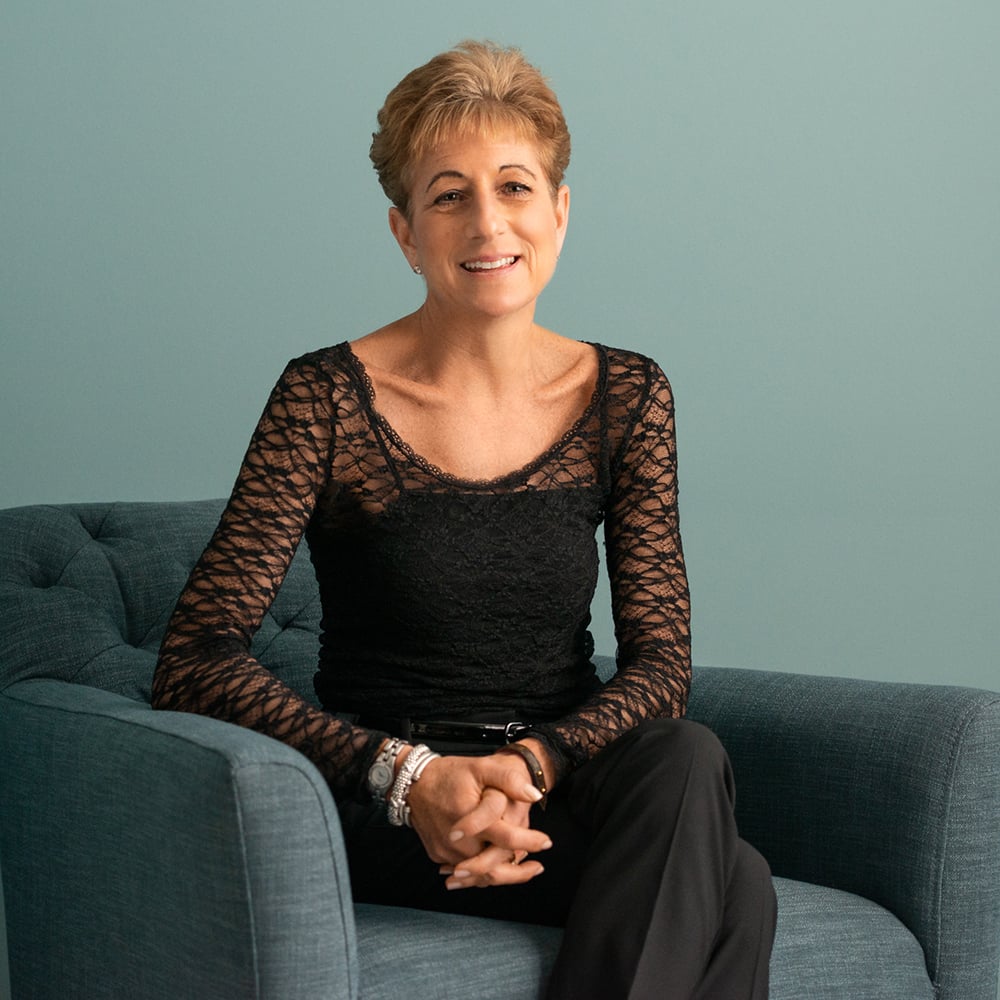Wendy shared her story in November 2021.
The minute my grandmother Patty found out she was sick, she told her doctor she wanted to utilize medical aid in dying. At the time of diagnosis, her cancer was pervasive and metastatic. She was 91. Her husband, my grandfather, had died several years prior, and since then she would joke that she was just sitting here waiting in the departure lounge.
But she was hardly “just sitting there.” Up until very close to her death, Gram was very active, still riding her red tricycle for an hour every day. She would wait until 2 p.m., during what she called “nap time” in the neighborhood, so she didn’t have to share the road with so many cars. This was in keeping with the life she had lived for decades: playing tennis, golfing, skiing, even taking a late-in-life scuba diving trip to the Great Barrier Reef with my brother and me.
Growing up in Minnesota, I was very close with Gram. She was a fun and very hip grandmother. She ran an interior design business and picture framing business out of her basement; she won multiple tennis and golf tournaments in the Twin Cities area, and would challenge my brother and me in ping pong every time we were at their house. She also traveled the world. When I was 10 years old, Gram, my mom, my aunt, my other grandmother, two of my cousins and I took a trip to England and France. We dubbed ourselves “Seven Broads Abroad” and rode around in a VW bus with Gram at the wheel.
In 2003, Gram moved back to Washington state, where she was born and raised, after spending over six decades in Minneapolis. On a Thursday in April in 2014, she called to let me know that she’d just been back from the doctor's office, where an x-ray had revealed cancer all throughout her body.
Right away, on that call with me, she told me she had decided to use medical aid in dying as authorized in Washington’s Death with Dignity Act. “I’ve told my doctor and we’re going forward,” she said. She was clear from the moment of diagnosis: she didn’t want to suffer, she’d lived an amazing life, and she had no unfinished business left. She was ready.
Fortunately, Gram met all of the criteria for medical aid in dying: she had a terminal illness and less than six months to live, and another doctor examined her and her medical records and found her mentally capable of making her decision. With the full support of her family, my grandmother planned for the day of her death exactly two weeks after her diagnosis.
We reached out to Compassion & Choices, and a volunteer from C&C came to help talk us through the process of using medical aid in dying. She walked us through each step and made sure that my grandmother understood she could change her mind at any point. Gram pronounced that she was confident in her decision and did not expect to change her mind.
Two weeks after Gram had received her diagnosis and made her decision, our family gathered together for her last few days. She spent those days surrounded by family, watching sports on tv, playing cards and Scrabble, and calling old friends and family. She had so many great conversations and was so positive and humorous on every call. The day of her death, we had what we called “the last supper” – a crab feast in honor of Gram, who loved Dungeness crab. She didn’t eat much at her last supper, but she loved the festivities.
At 6 p.m., Gram took her prescribed anti-nausea medicine. We had one hour to spend with her before she took her last dose, and we spent that last hour singing, reading poetry, and sharing memories. My uncle Bill started reading a poem from a book, and Gram took it from there, reciting page after page of the poem she loved. It was incredible how sharp her mind was right up until the end. That was an unforgettable hour – we shed lots of tears, but also shared lots of laughter.
My grandmother had chosen iced tea to mix with the aid-in-dying medication. To prepare the medication for the mix, the Compassion & Choices volunteer emptied all 100 capsules by scooping each one out with a toothpick. Gram put the medication in the glass and poured in the iced tea. And then when it was time, she raised her glass, we all toasted, and she drank her final dose. She fell asleep within two or three minutes, and about an hour and a half later she was pronounced dead. It was a very seamless and peaceful process.
The morning after Gram died, her doctor called me and told me that she had never had a patient who was so clear about this decision. My grandmother made that decision the same way she lived: boldly, joyfully and with determination. Bearing witness to her peaceful death would later comfort my uncle, Bill Jevne, with himself choosing to use Washington’s medical aid-in-dying option to end his suffering from from metastatic cancer. For both my grandmother and my uncle, having the option of medical aid in dying allowed them to say their goodbyes, avoid more suffering and go on their own terms. We can all raise a glass to that.






